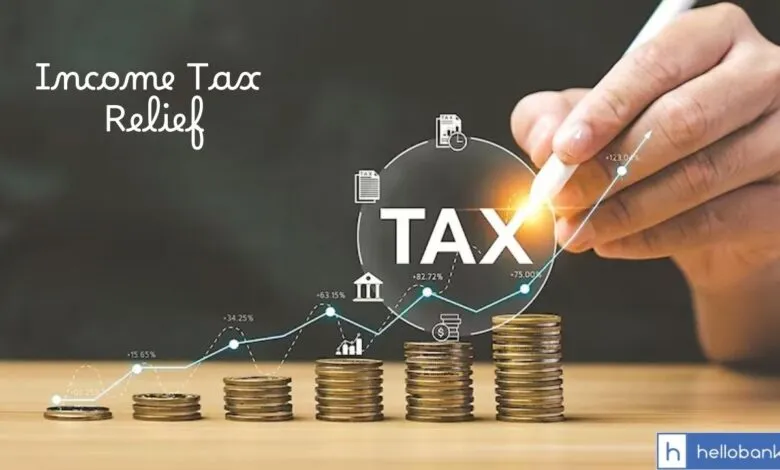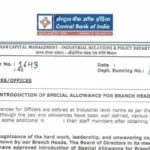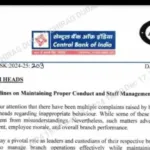
Income Tax Relief: Does the word “Income Tax” make you nervous? Are you paying high interest on your tax dues? If yes, here’s some good news! The Income Tax Department gives taxpayers a chance to apply for a reduction or waiver on tax interest.
The Income Tax Department has introduced a structured, three-layered monetary limit for the reduction or waiver of interest on unpaid tax. This new framework will guide taxpayers to the appropriate authority for seeking relief. The recent guidelines by the Income Tax Department define the limits and procedures for reducing or waiving interest on overdue tax payments. Here’s a detailed breakdown:
Why This Matters
When taxpayers delay paying their due taxes, they incur interest on the unpaid amount. The Income Tax Act allows tax authorities to waive or reduce this interest if certain conditions are met. The new guidelines specify which authority a taxpayer should approach, based on the amount of interest owed.
The Three-Layered Limit
The guidelines create a structured approach, where different officials handle interest waivers based on the amount involved:
- Interest Up to ₹50 Lakhs: If the interest amount on unpaid taxes is up to ₹50 lakhs, the Principal Commissioner (Pr. CIT) or Commissioner (CIT) can decide on the reduction or waiver of interest.
- Interest Between ₹50 Lakhs and Below ₹1.5 Crore: If the interest falls between ₹50 lakhs and ₹1.5 crore, it is handled by higher-ranking officials, specifically the Chief Commissioner (CCIT) or Director General of Income Tax (DGIT).
- Interest Above ₹1.5 Crore: For even larger sums (over ₹1.5 crore), only the Principal Chief Commissioner (Pr. CCIT) is authorized to make decisions on interest waivers.
Conditions for Waiver or Reduction
Taxpayers must meet three specific conditions for interest to be waived or reduced:
- Genuine Hardship: The unpaid tax amount has created or would create significant financial difficulty for the taxpayer. This condition shows that the taxpayer’s financial situation justifies the relief.
- Reasons Beyond Control: The delay in paying the tax was due to factors outside the taxpayer’s control. This could include unforeseen financial setbacks or situations that the taxpayer could not prevent.
- Cooperation with Authorities: The taxpayer has actively cooperated with any inquiries or proceedings related to the assessment and recovery of their taxes. Cooperation reflects a taxpayer’s willingness to comply with the tax process, which strengthens their case for relief.
Legal Context: Section 220 (2) of the Income Tax Act
Under Section 220 (2), if a taxpayer doesn’t pay their taxes on time after receiving a notice, they are charged 1% simple interest each month on the outstanding amount. However, the law also allows tax authorities to reduce or waive this interest based on the conditions above, recognizing that circumstances may justify relief from the penalty.
Summary
In essence, this structured guideline clarifies the process for taxpayers seeking relief from interest on unpaid taxes, ensuring they approach the appropriate official based on the interest amount. The conditions aim to ensure that relief is only granted to those genuinely in need and who were unable to pay on time due to valid reasons.






![Income Tax Rules on Tax on Perquisites in form of Concessional or Interest-Free Loan [PDF]](https://hellobanker.in/wp-content/uploads/2024/12/Income-Tax-Rules-on-Tax-on-Perquisites-in-form-of-Concessional-or-Interest-Free-Loan-PDF-390x220.webp)